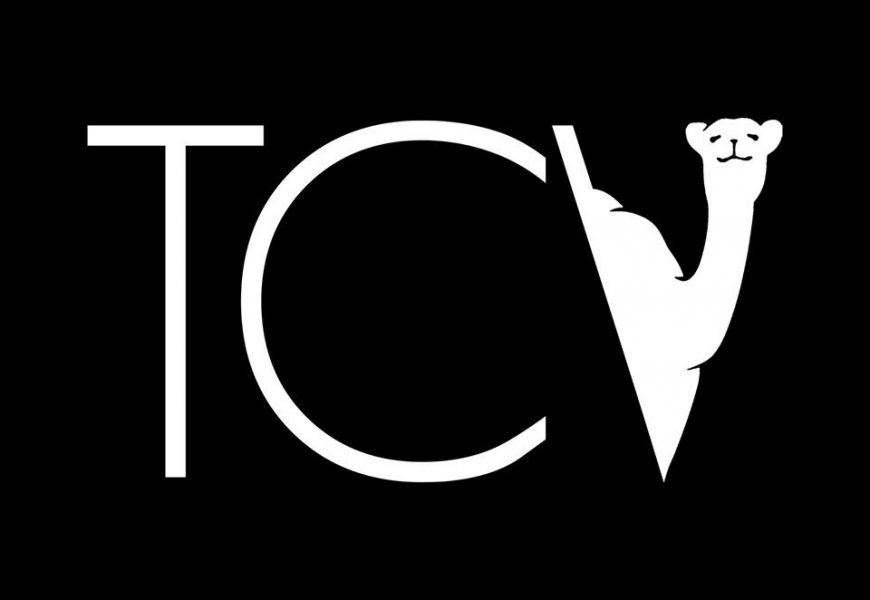The late Justice Ruth Bader Ginsburg—the “Notorious RBG”—was a monumental catalyst for gender equality and women’s rights, and an unwavering beacon of pro-choice abortion advocacy. She was also a fierce critic of Roe v. Wade (1973).
RBG’s chief critique of the landmark abortion case was that the decision was too sweeping and an overreach of judicial power, arguing instead for “judicial restraint” that would root abortion rights progress in the more democratic legislatures and be proven more effective for the movement long-term. “The court can put its stamp of approval on the side of change and let that change develop in the political process,” she said of Roe in a speech to law students in 2013.
In a law review article written a year before her nomination to the Supreme Court, she criticized the undemocratic nature of the decision, for it “invited no dialogue with legislators. Instead, it seemed to entirely remove the ball from the legislators’ court,” and “ventured too far in the change it ordered and presented an incomplete justification for its action.” As an integral part of the abortion rights movement, she also believed the Court’s reasoning misconstrued the issue of abortion rights. “Roe isn’t really about the woman’s choice, is it?” Ginsburg remarked. “It’s about the doctor’s freedom to practice…it wasn’t woman-centered, it was physician-centered.”
Justice Ginsburg exemplified that legal criticisms of Roe v. Wade do not equate to criticism of the pro-choice cause, and in her view, the decision in Roe undermined the movement’s progress. The decision of Roe has further politicized the abortion debate, sending both sides on a red herring argument on whether the “right to privacy” is relevant to abortion, subverting democratic arguments for abortion access. Polling that notes significant majority approval ratings for the Roe decision is often cited, but is misleading. Notably, the judicial opinions are designed to be independent from public opinion, so public support of the pro-choice movement should be geared towards state legislation and/or constitutional amendments instead. But the primary reason this polling is misleading is that very few people understand Roe v. Wade. A share of the population believes it would unilaterally ban abortions, while larger portions are unfamiliar with the legal arguments that abortion is an enshrined right.
The decision in Roe derives a right to abortion from the Due Process Clause of the Fourteenth Amendment, which mandates the equal application of inalienable rights. Some of these rights are expressed in the Bill of Rights, which is silent on abortion. But of course, the Framers of the Constitution did not want to limit rights to what was explicitly expressed in the Bill of Rights. “Thus, when determining the reach of American liberty,” The Dispatch’s David French examined, “the court has traditionally asked whether the right ‘is deeply rooted in our history and tradition’ and ‘whether it is essential to our Nation’s ‘scheme of ordered liberty.’” Regardless of one’s personal belief on abortion, when it comes to the legal questions it is difficult to see how abortion rights are within this defined reach of American liberty. As Justice Samuel Alito noted in his leaked opinion, “Not only was there no support for such a constitutional right until shortly before Roe, but abortion had long been a crime in every single State… By the time of the adoption of the Fourteenth Amendment, three-quarters of the States had made abortion a crime at any stage of pregnancy, and the remaining States would soon follow.”
While many pro-choice advocates were shocked and appalled by the Court’s leaked decision to overturn Roe v. Wade, this presents them with an opportunity to move past the weak constitutional arguments of abortion and to advocate their cause directly to state legislatures to enshrine abortion access in state law. Some of whom are disgusted with the reversal of Roe have contended, “How dare the question of abortion be made by nine unelected bureaucrats.” I would fully agree with this sentiment. After all, Roe was decided in the first place by nine unelected Justices, when the power of this decision should lie within democratic systems.










